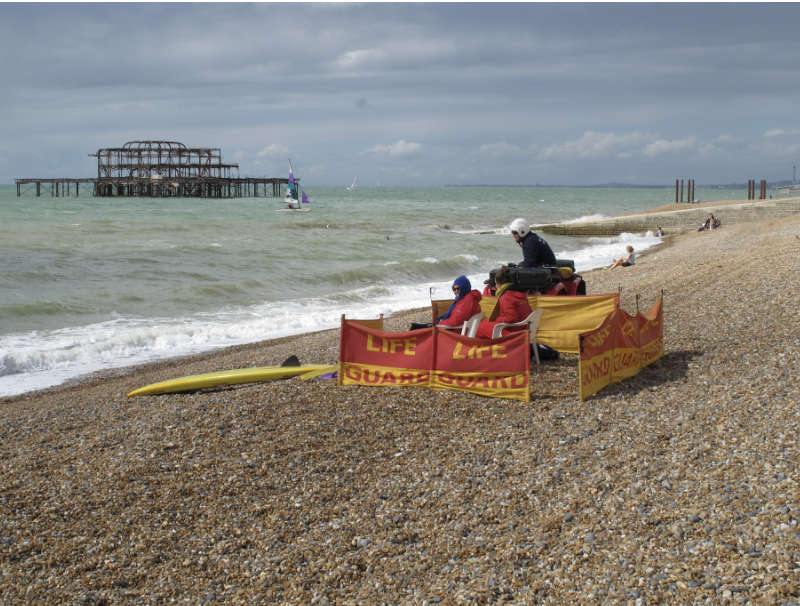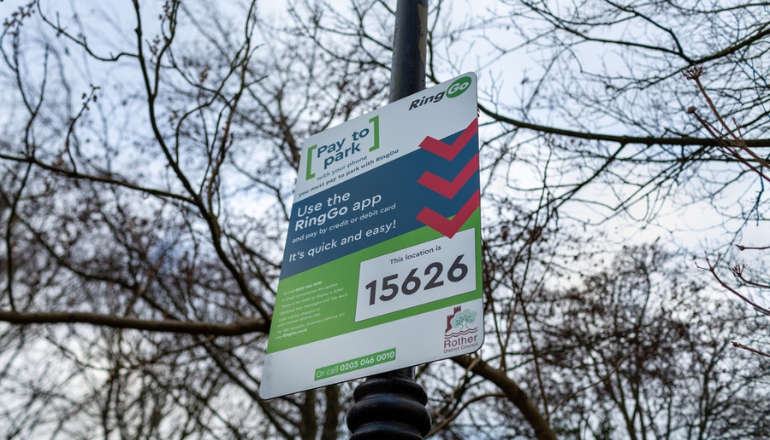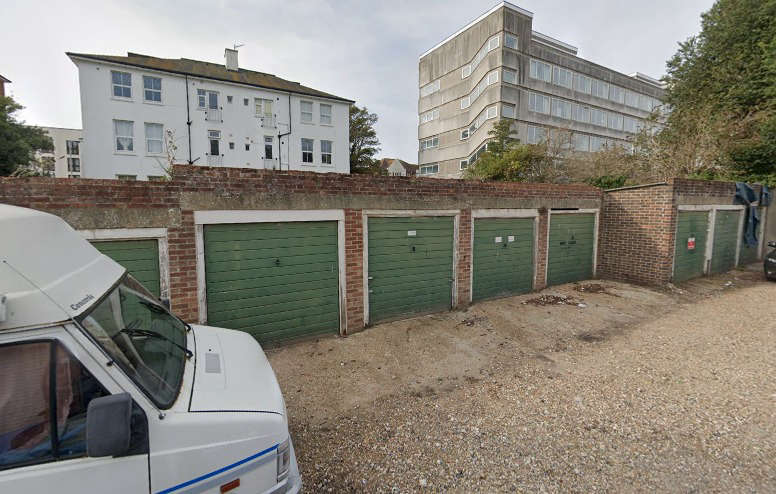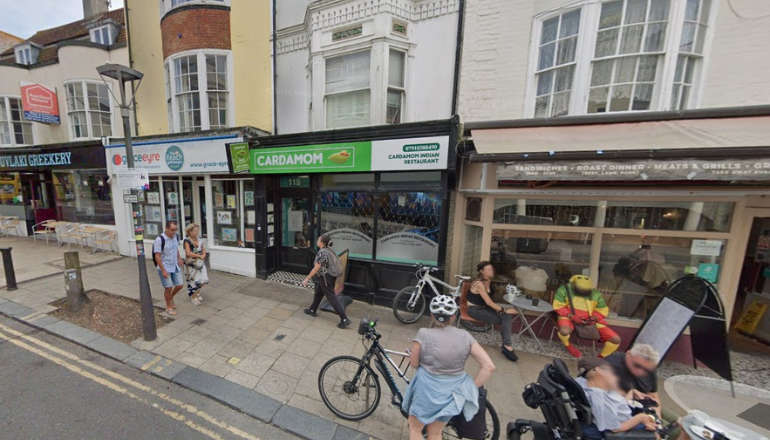
Councillors have given their backing to talks with the Royal National Lifeboat Institution (RNLI) to operate beach lifeguards in Brighton and Hove from next year.
Currently, Brighton and Hove City Council manages the service in-house but is looking at other options for the £480,000 summer service.
A report to the council’s Culture, Heritage, Sport, Tourism and Economic Development Committee yesterday (Thursday 18 April) said that the RNLI provided cover at 242 beaches across Britain and Channel Islands.
One of the advantages of using the charity’s services was the extra support available to lifeguards including counselling for traumatic incidents.
The idea of approaching the RNLI to provide lifeguard services was suggested more than a year ago as the council considered reducing the lifeguard service at less busy beaches to try to save money.
But after the local elections last May, the new Labour administration allocated an extra £93,000 to fund 15 more lifeguards to protect beachgoers.
Green councillor Raphael Hill said that talks with the RNLI suggested that an in-house operation would not be financially possible, adding that the previous Green administration had suggested the idea last year.
Councillor Hill said:
“I understand there is a need to protect things and keep them in-house and, in the context of austerity, both of us, Labour and Green, want to have in-house lifeguard services.
“Financially speaking, it is not possible with the current constraints. It’s a concern for everyone that, without support like outside organisations, having as many lifeguards as we have may not be possible.”
Labour councillor John Hewitt asked for assurances that if the RNLI took on the service, it would be notified of those who had signed up for summer work as lifeguards. The answer was yes.
Conservative councillor Carol Theobald asked for clarification about tasks that RNLI lifeguards would not take on such as enforcing by-laws, tackling anti-social behaviour and reuniting lost children with their families.
She was told that the loss of by-law enforcement would be a “dis-benefit” of having the RNLI take on the service but the lifeguards would monitor sea conditions, assess risks and receive extensive training.
Labour councillor Alan Robins, who chairs the committee, said:
“I would sooner try to defend spending too much money on the lifeguards than try to explain why someone has drowned or got into trouble because we didn’t have lifeguards.”
The committee unanimously agreed to authorise senior officials to conclude talks with the RNLI or continue running the service in-house if talks with the charity were unsuccessful.

 Free Open-Air Painting Exhibition Coming To Chichester
Free Open-Air Painting Exhibition Coming To Chichester
 Man Jailed For Rape And Sexual Abuse Of Young Girl In Crowborough
Man Jailed For Rape And Sexual Abuse Of Young Girl In Crowborough
 Man Sentenced For Assault Of Ambulance Worker
Man Sentenced For Assault Of Ambulance Worker
 Council Leaders Drop New Car Park Fee Plans
Council Leaders Drop New Car Park Fee Plans
 More West Sussex Schools And Other Buildings To Benefit From Solar Power
More West Sussex Schools And Other Buildings To Benefit From Solar Power
 Alternative Proposals Put Forward For Eastbourne Homes
Alternative Proposals Put Forward For Eastbourne Homes
 Licensing Chiefs Lose Confidence In Restaurant Owner
Licensing Chiefs Lose Confidence In Restaurant Owner
 Man Pleads Guilty To Kidnapping Woman In Hove
Man Pleads Guilty To Kidnapping Woman In Hove
 Appeal After Man Robbed At Park In Newick
Appeal After Man Robbed At Park In Newick
 Man Pleads Guilty To Eastbourne Theatre Burglary
Man Pleads Guilty To Eastbourne Theatre Burglary